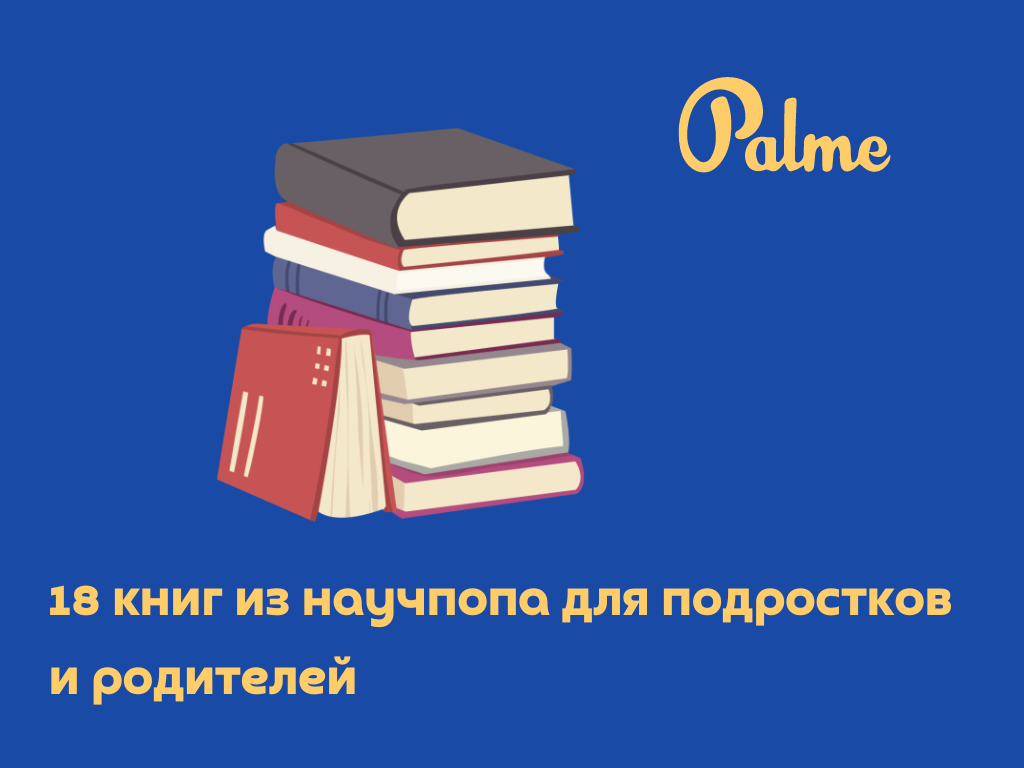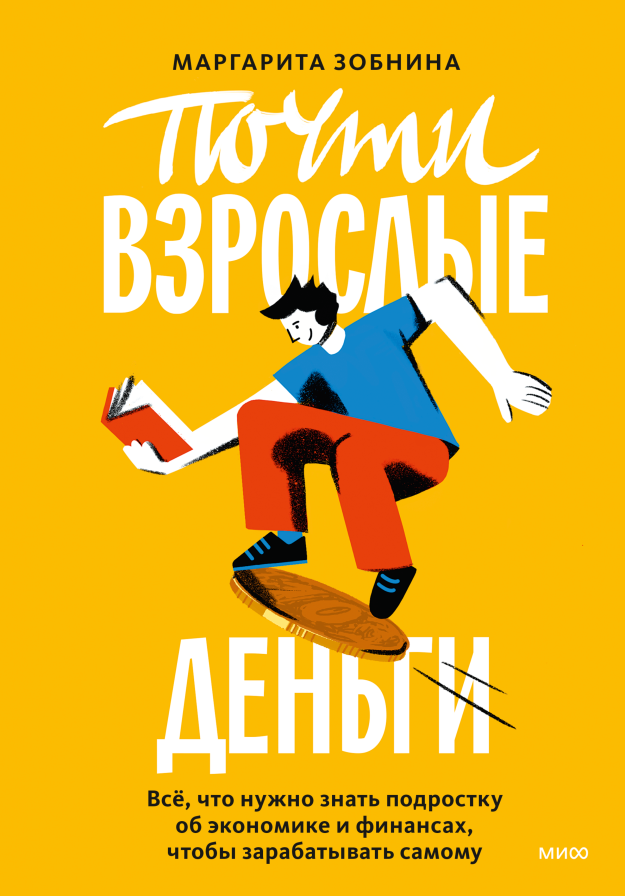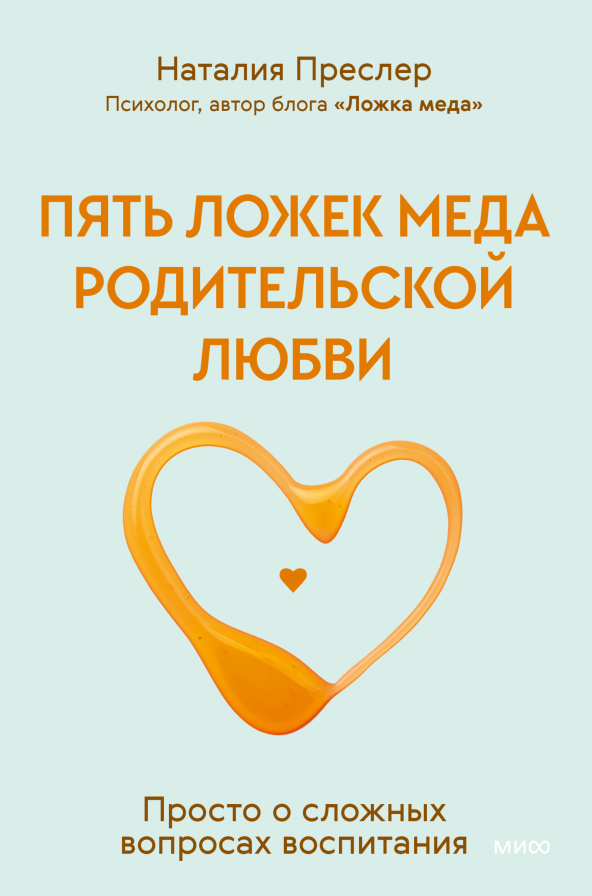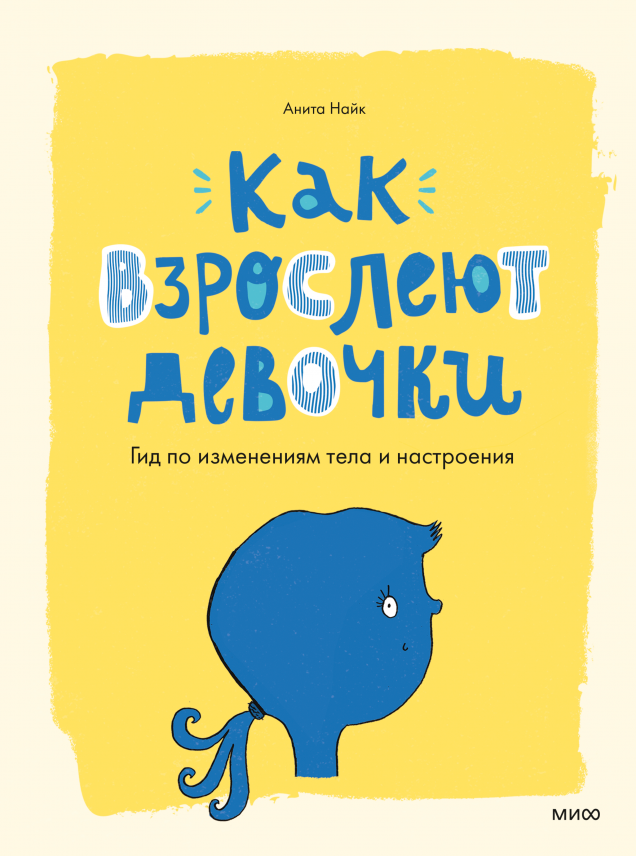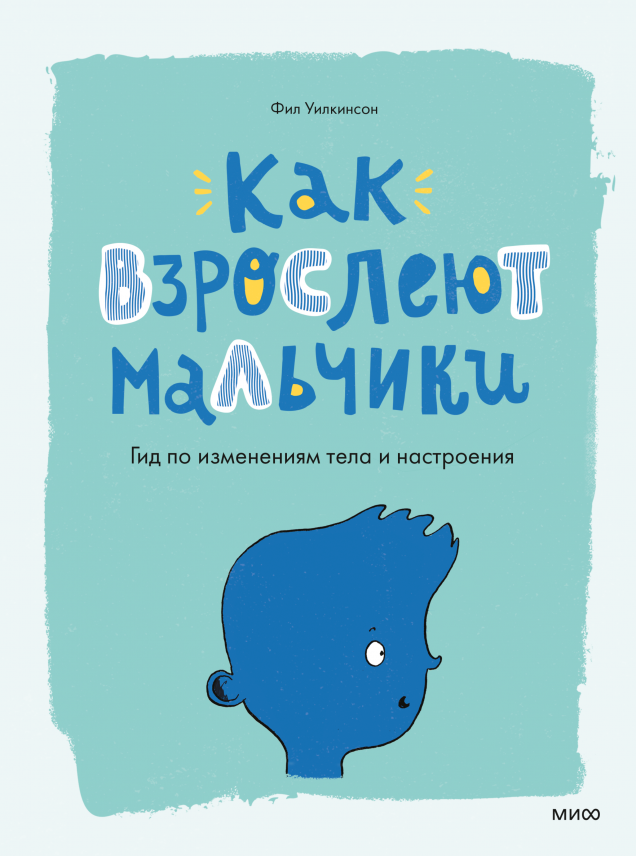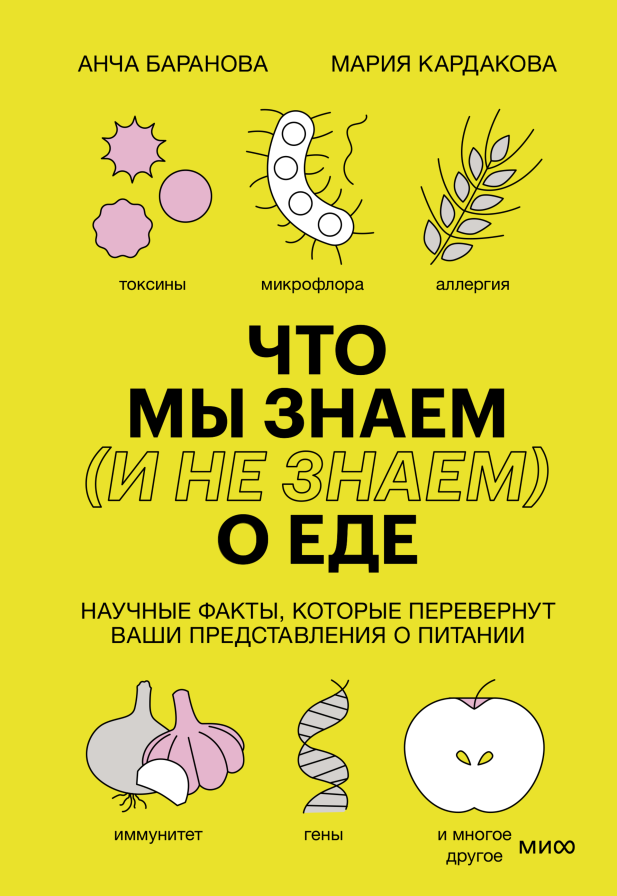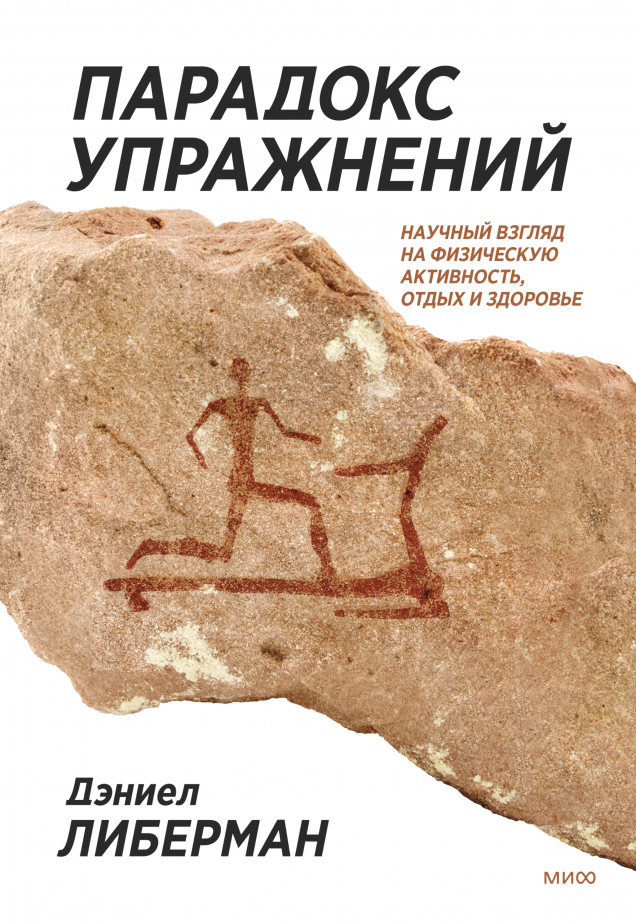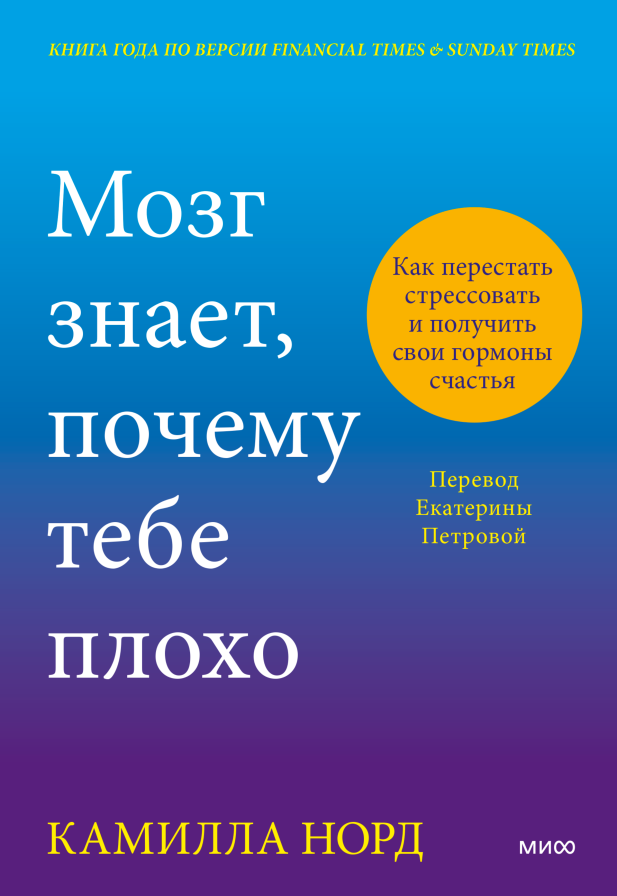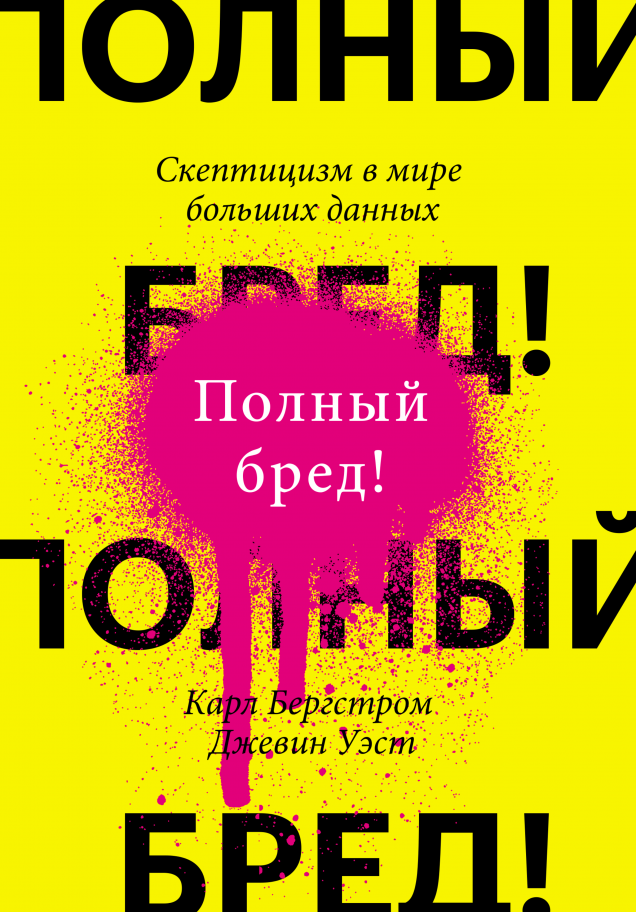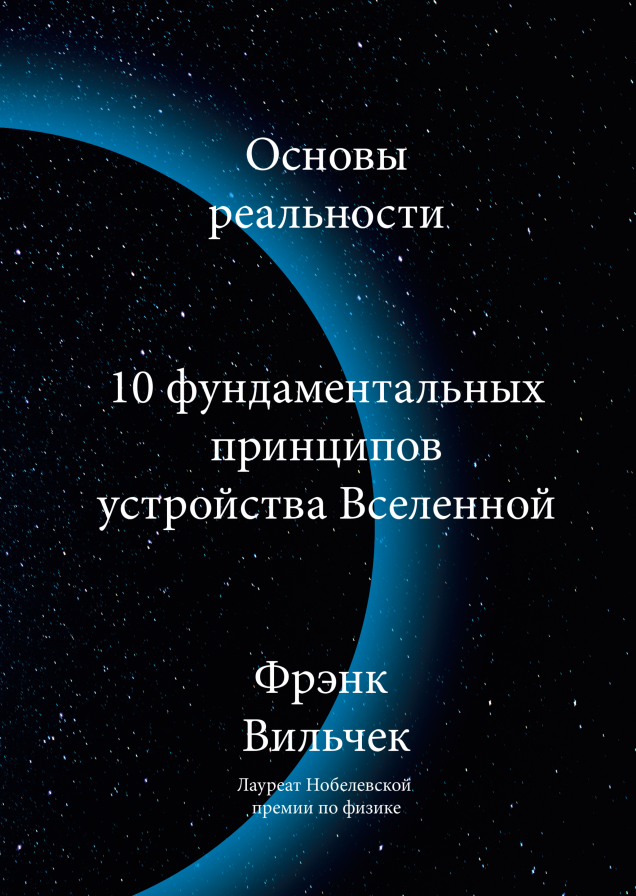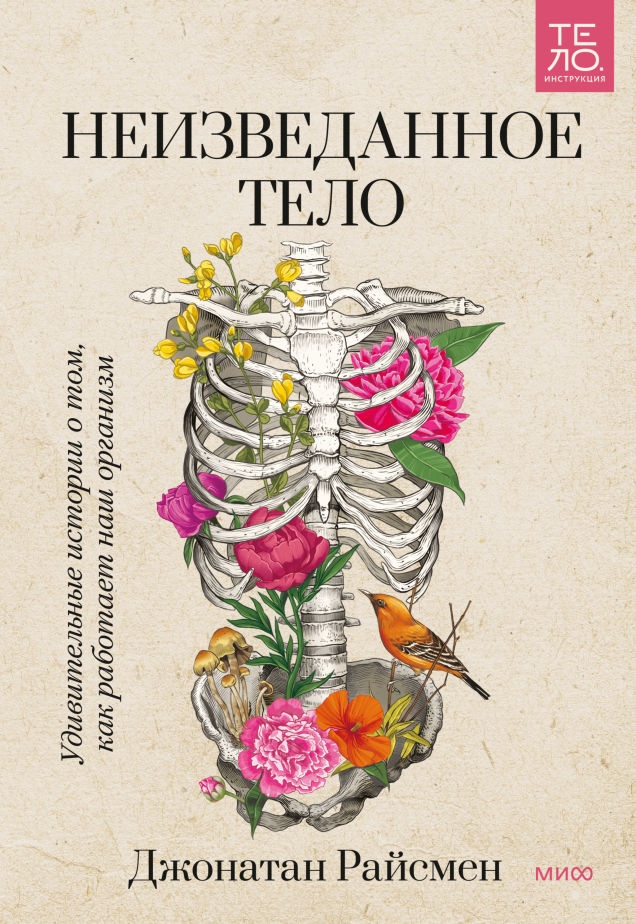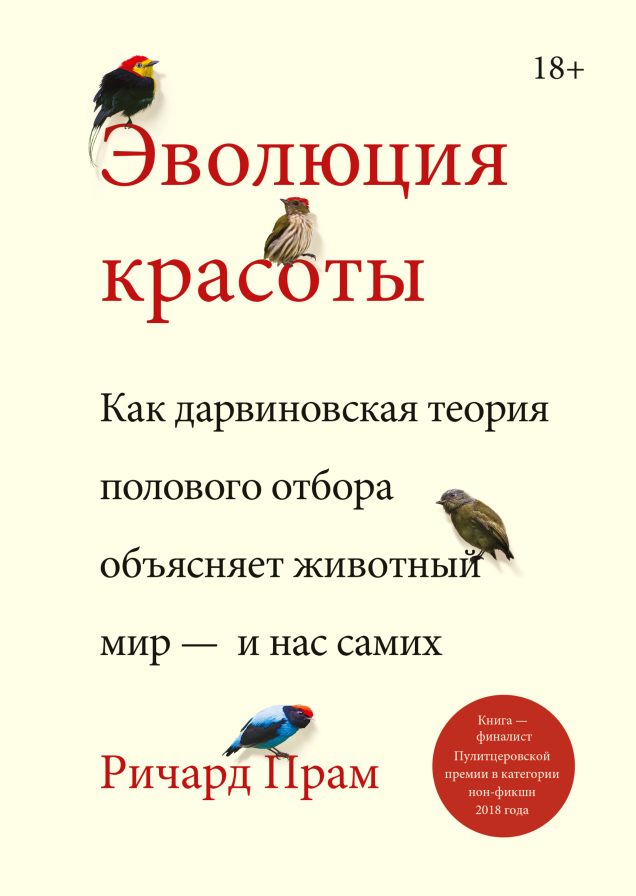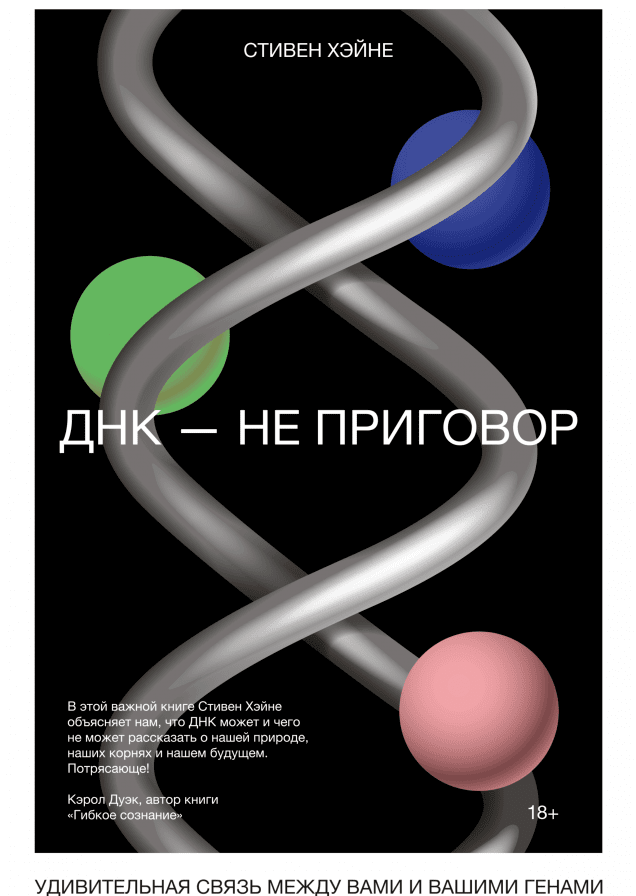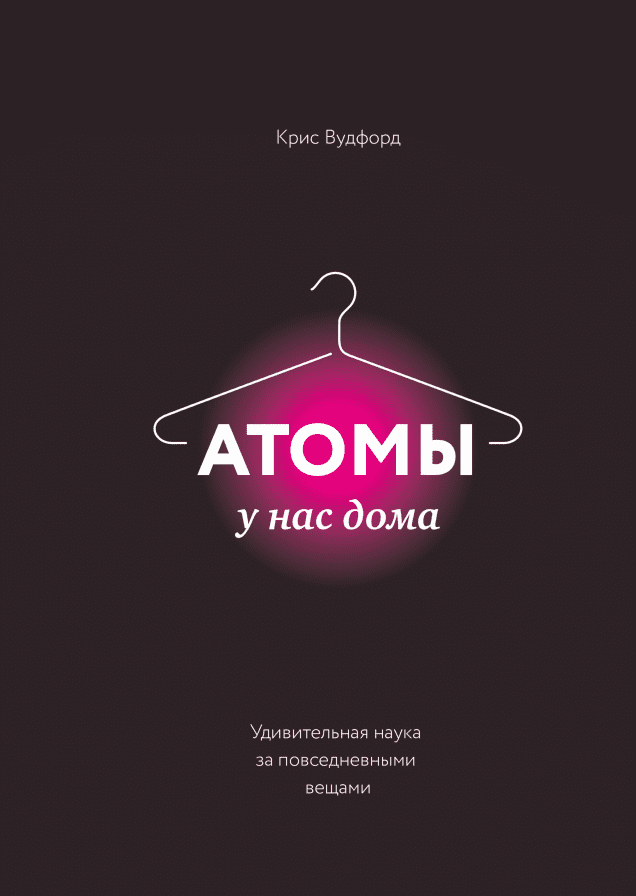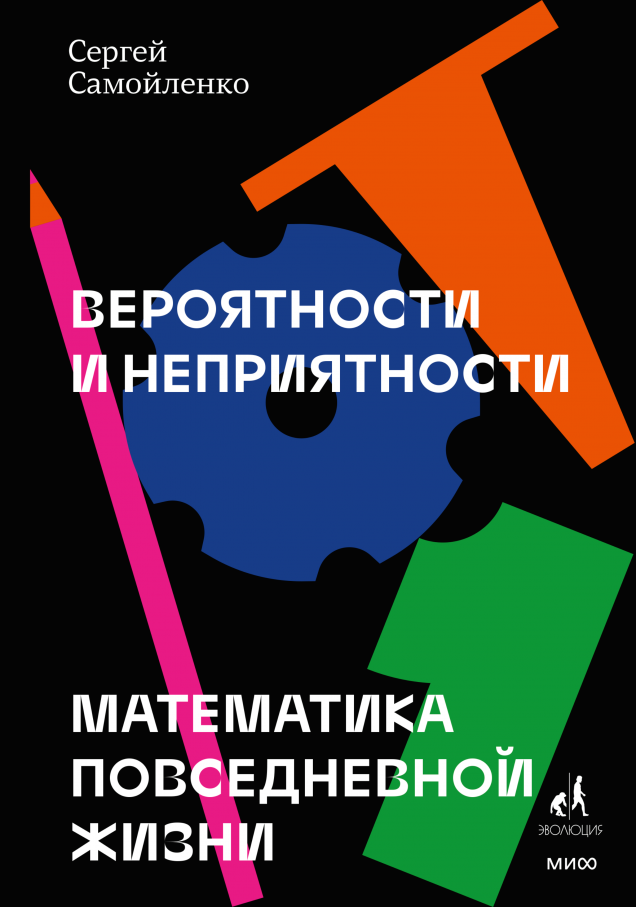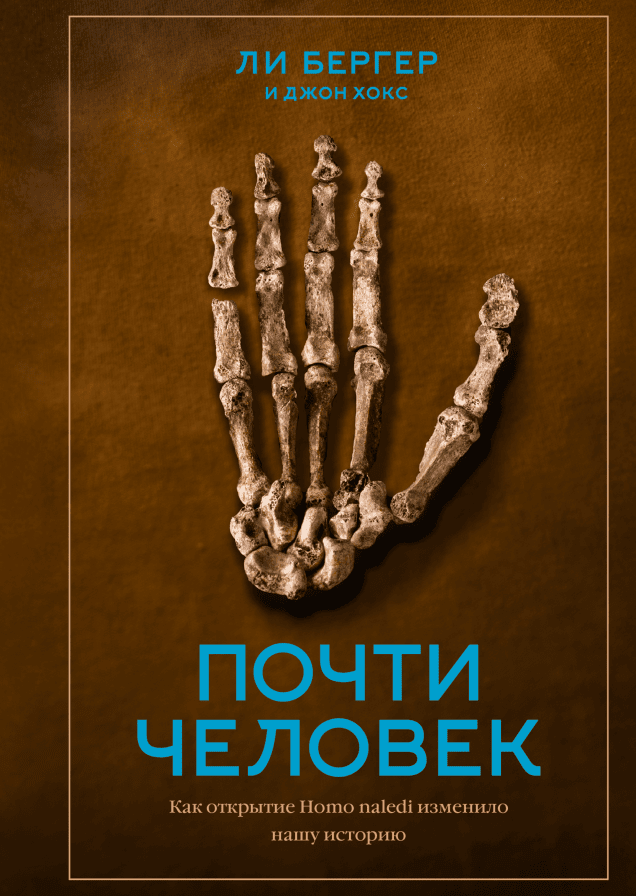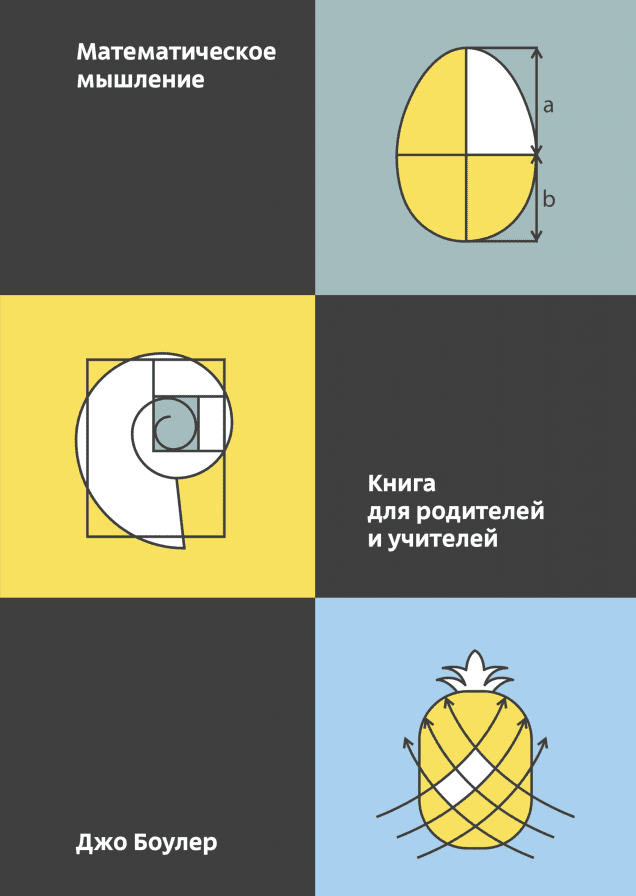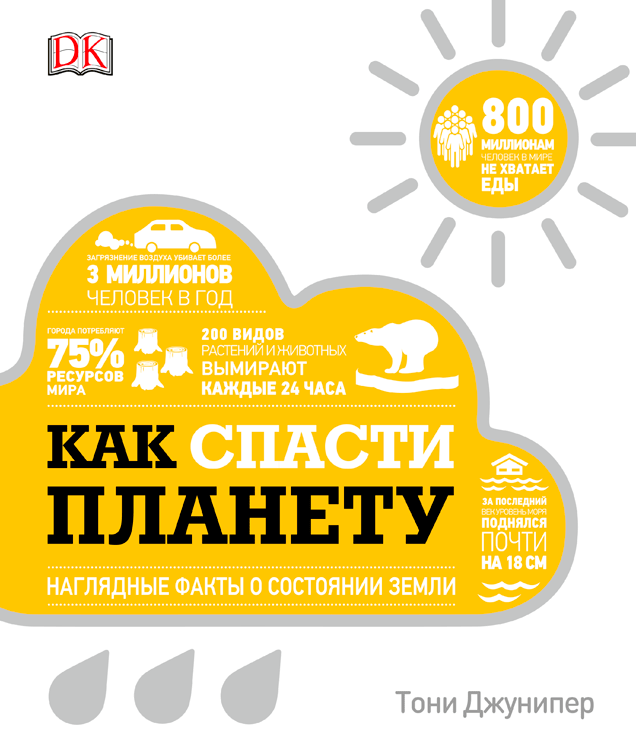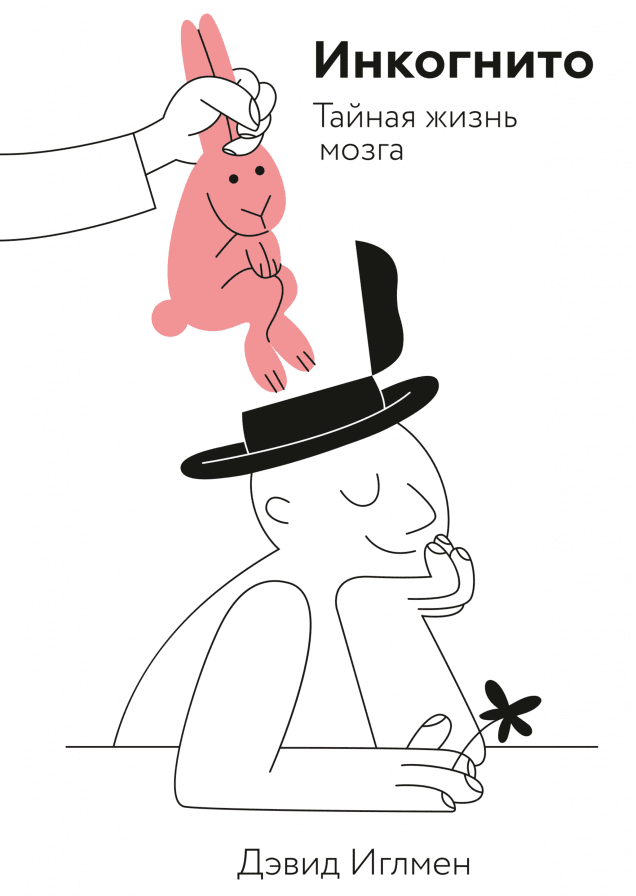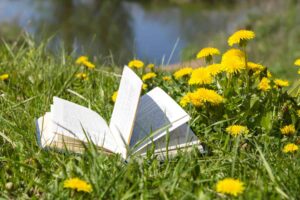Hi, Palme School with you, we've put together a review on 18 useful books about the world, economics, health, and exploration for teens and their parents.
Margarita Zobnina "Almost grown-up money"
A professor at the Higher School of Economics explains in a simple game form how money and the economy work.
Book quote:
"Work formula. Money is not only needed to cover basic needs. It brings more joy to life. And it would be great if this joy could be brought by the process of work."
Natalia Presler "Five Spoonfuls of Honey of Parental Love"
An experienced psychologist writes about the five topics that most often worry parents.
Book quote:
"Depression is a state that has a vector to the past, when a person immerses himself in the experience of former failures. If it was a vivid traumatic experience, he concludes from it that this will always be the case.
Maria Kardakova, Ancha Baranova "What we know (and don't know) about food"
A series of scientific studies on food, benefits and health from a biologist and nutritionist.
Book quote:
"Gluten. At this point, there is insufficient evidence that gluten-free or dairy-free diets are preventatively beneficial. But the risks of a restricted diet are quite tangible."
Daniel Lieberman's "The Exercise Paradox."
A book by an evolutionary biologist about whether we really need sports, in what form, and what evolution thinks about it.
We've dealt with this book before on our blog. You can read about the thesis here:
4 myths about how the human body works by Daniel Lieberman's book "The Exercise Paradox."
Camille Nord, "The brain knows why you feel bad."
A Cambridge neuroscientist writes about wellness and brain connectivity.
Book quote:
"It's important for mental health to seek and enjoy pleasure. Of course, not all the time - continuous hedonism is undesirable (and impossible) for the brain, but sometimes you need to be a hedonist. Seeking momentary pleasures can have a positive impact on mental health in the long term, because regular enjoyment of pleasurable sensations is closely linked to psychological well-being. Those who have few pleasures in their daily lives are less satisfied with life. The more pleasures there are each day, the higher the subjective assessment of well-being"
Carl Bergstrom, Javin West, "Utter nonsense! Skepticism in the World of Big Data."
A book on how to recognize fakes and fake news.
Book quote:
"Fudging the facts is possible because of the way we use language. Often what people say literally is not at all what they want to communicate. Suppose you ask me what I think of the Twin Peaks reboot 25 years later, I'll say, "Not too bad." You might interpret that as "Not that good," even though I didn't say that.
Frank Wilczek's "Foundations of Reality"
Nobel Prize-winning physicist gives 10 fundamental concepts of science.
Book quote:
"It is more productive to answer the question "What happens next?" than to answer the question "Why does it happen this way?". Figuring out what happens next is easier because we can get the answer from an experiment. In other words, we can create a copy of the situation of interest and see what happens to that copy."
Jonathan Raisman, "The Undiscovered Body."
A simple and straightforward explanation of anatomy from an MD and traveler who has observed people in different parts of the world.
Book quote:
"Although the skin is purely an external organ, it provides important clues to the patient's condition. Jaundice indicates liver disease, and brown thickened skin on the shins indicates chronic heart failure"
Richard Pram's "The Evolution of Beauty"
Research and observations from the world of biology and how different species of creatures see beauty.
Book quote:
"Individual organisms - whether shrimp or swan, butterfly or human - have the potential to develop subjective useless beauty in complete independence of the action of natural selection (and sometimes even in opposition to it)"
Steven Hayne's "DNA is not a verdict."
The book is about deciphering the genotype and the fact that many prejudices have never been genetically confirmed.
Book quote:
"Genes can tell long-forgotten stories about who our ancestors were and where they likely came from, based on similarities between the genomes of people from around the world. By sequencing the genome, it is possible to discover the origins and personal histories of even those who are long gone. For example, scientists have decoded the genome of a Neanderthal who lived about 38,000 years ago, thanks to DNA preserved in his remains. The genes record almost all the milestones of your and your ancestors' lives."
Chris Woodford "Atoms in Our Homes. The amazing science behind everyday things."
Explanations of various everyday things in terms of science.
Book quote:
"There are about 7 billion people living on Earth. If people were atoms and stood on each other's heads, they would reach the height of a man of average height. That's how small an atom is."
Sergey Samoilenko "Probabilities and Troubles. Mathematics of everyday life"
The mathematically based law of meanness and what to do about it.
Book quote:
"They say that life is like a zebra: one white stripe, then black... And it also happens that one trouble is joined by another: everything is already difficult in life, and now the cat has given birth! It's thick and empty! One to one! But the saddest thing is that when it becomes good and in life comes a bright streak, then thoughts creep in bad: oh, not to jinx it... oh, will not have to pay for happiness....
Does this feel familiar? One of the laws of merfology, Chisholm's second law, speaks to this:
When things are going well, something is bound to happen in the very near future."
Lee Berger, John Hawkes "Almost Human. How the discovery of Homo naledi changed our history"
Researchers have found a new species of 2 million year old skeleton in South African caves. Lee Berger, one of the researchers, shares this discovery and a number of questions attached to it.
Book quote:
"So I entered the coordinates of Gladysvale Cave into Google Earth: I remember how the satellite image of my house on the screen abruptly changed to a general view of the planet from space, and then, taking a northwestward and steeply dipping, the satellite zoomed in on the Cradle. The familiar hills, streams, and valleys grew larger and clearer, but when the satellite finished its approach, I suddenly discovered that it wasn't Gladysvale on the screen at all-it was some valley about three hundred meters from the cave! I entered the coordinates of the other place where I was working - Cooper's Cave: again I took off under the clouds, this time heading southwest. Again the satellite showed me the wrong place. Terrified, I began to enter the coordinates of one place after another, and each time I got completely different from what I was looking for. Did I make a mistake in writing down the coordinates? Did I work with wrong data for a whole decade?"
Jo Bowler, "Mathematical Thinking. A book for parents and teachers."
Stanford researcher Jo Bowler studied how thousands of students learn math. The author suggests learning math not through formulas, but through logic.
Book quote:
"It turned out that the brain of the study participants who worked on the exercise underwent structural changes. It "reprogrammed" and increased in volume under the influence of a 10-minute task they performed every day for 15 days (Karni et al.,1998). These findings should encourage educators to reject the conventional wisdom about the brain and learning that is now prevalent in schools: that students are smart and dumb, smart and dumb. If the brain can change in three weeks, imagine what can happen in a year of learning math if students are given the right material on the subject and positive feedback about their potential and abilities. In Chapter 5, we'll talk about the structure of the best math problems for students to work on so their brains develop."
Tony Juniper "How to Save the Planet. Clear facts about the state of the Earth."
A book for teens and adults with colorful pictures and graphs about ecology and the world around us. Figures, research and conclusions.
Book quote:
"In pre-industrial times, seawater absorbed less CO2 from the atmosphere. Since then, ocean acidity has increased 30%, the reasons being fossil fuel burning and deforestation."
David Eagleman, "Incognito. The Secret Life of the Brain."
Neuroscientist David Eagleman explores the mysteries of the subconscious mind and cites many studies on the topic.
Book quote:
"Let us also remember the English poet Samuel Taylor Coleridge. In 1796, he began resorting to opium as a remedy for toothache and facial neuralgia, but soon became irrevocably addicted. His poem "Kubla Khan," filled with exotic fairy tale imagery, was written under the influence of opium, which became Coleridge's way of tapping into the neural circuits of the subconscious. We attribute the poem's marvelous words to Coleridge because they emerged from his brain, not someone else's, don't we? But he was unable to grasp those words when he wasn't stupefied - so who is really to thank for this work?
As Carl Jung observed, "there is someone in each of us whom we do not know"
More interesting stuff on our blog


